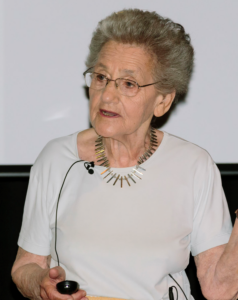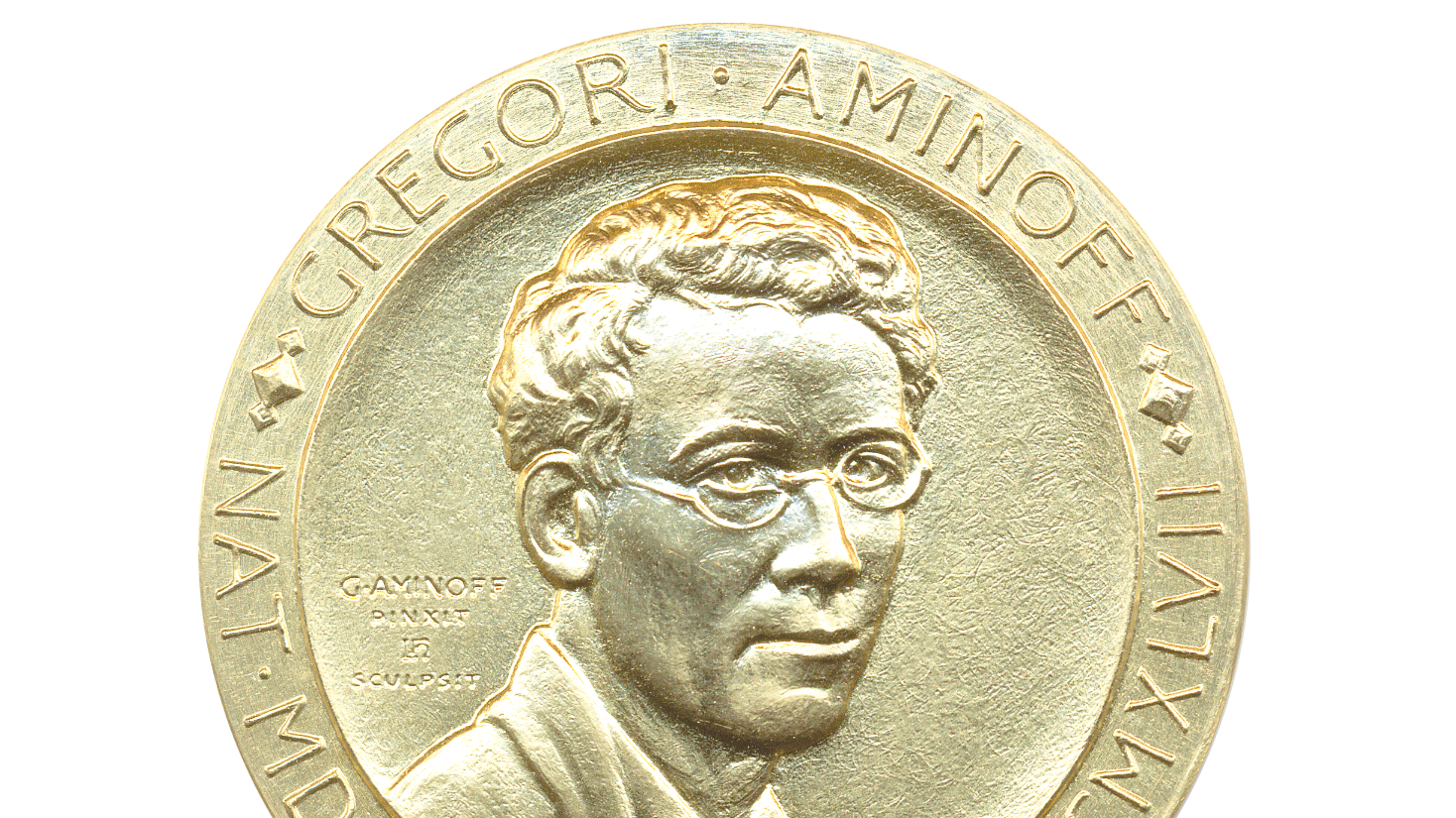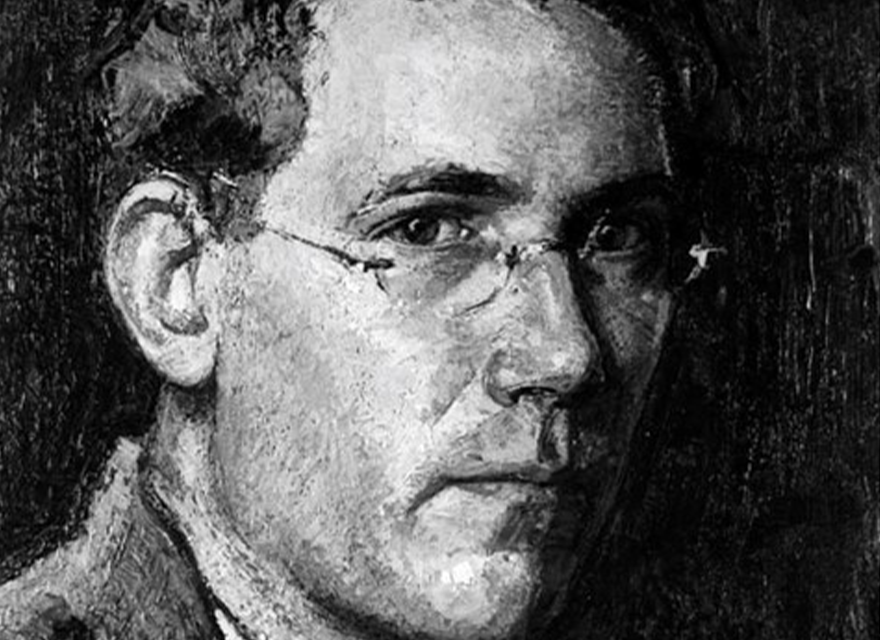The Royal Swedish Academy of Sciences has decided to award the Gregori Aminoff Prize for 2023 to Dr Olga Kennard, founding director of the Cambridge Crystallographic Data Centre. The centre hosts the first crystallographic database in the world, which is now the largest and has over a million unique molecular structures.

The three-dimensional structure of atoms in a molecule or crystal determines its properties and function. An enormous number of inorganic, organic and biochemical molecular structures have been solved since X-ray diffraction was first used to map crystal structures over a century ago. This structural information is collected in databases, which have grown enormously and become invaluable resources for academia and industry.
Dr Kennard understood the importance of organised and complete structural data at an early stage. To implement this, in 1965 she established the Cambridge Crystallographic Data Centre (CCDC) and developed the Cambridge Structure Database (CSD) for organic and metal-organic structures. She then spent more than 32 years of her career on its development, with the aim of collecting all the known crystal structures and making them publicly available.
The CSD was the first crystallographic database, and is now the largest, with over a million unique molecular structures. It was also one of the first numeric scientific databases. It is an essential resource for chemists, materials scientists and pharmaceutical companies for the design and prediction of crystal structures and the development of materials and pharmaceuticals.
The establishment of the CSD laid the foundation of modern crystallography and inspired other structure databases. Kennard also contributed to founding the Protein Data Bank (PDB) for structures of biological macromolecules. The PDB contained seven structures when it was launched in 1971, a number that has now grown to almost 200,000. It has had a huge impact on our understanding of the structure and function of proteins and provided the foundation for the development of methods to predict protein structure, such as the recent breakthroughs for AI-based tools like AlphaFold.
The Prize Committee believes that Olga Kennard is a pioneer, thanks to her vision of creating synergies by compiling data about molecular structures and disseminating them. Her work has generated great scientific value in many different fields.
The Laureate
Olga Kennard was born in 1924, in Budapest, Hungary. She was awarded her BSc (1944), MA (1948) and DSc (1973) by the University of Cambridge. In the 1940s, Kennard worked on determining the structure of organic molecules and biomolecules. She was a research assistant at the National Institute of Medical Research (1951-1961), worked at the Medical Research Council (1961-1970), and was a specially appointed professor vid Department of Chemistry, University of Cambridge (1970-1989). She was director of the Cambridge Crystallographic Data Centre from 1965 until she retired in 1997.
The Gregori Aminoff Prize
Every year, the Gregori Aminoff Prize in crystallography is awarded by the Royal Swedish Academy of Sciences. Crystallography is the study of atomic structures in solid materials and is used in chemistry, biology, medicine, geology and materials science.
The Prize recognises a documented individual contribution to the field of crystallography and has been awarded to Swedish and foreign researchers since 1979. The prize money is 80,000 Swedish kronor. Prize Symposium will be held in Stockholm 29 March 2023. You can find more information and register here.

